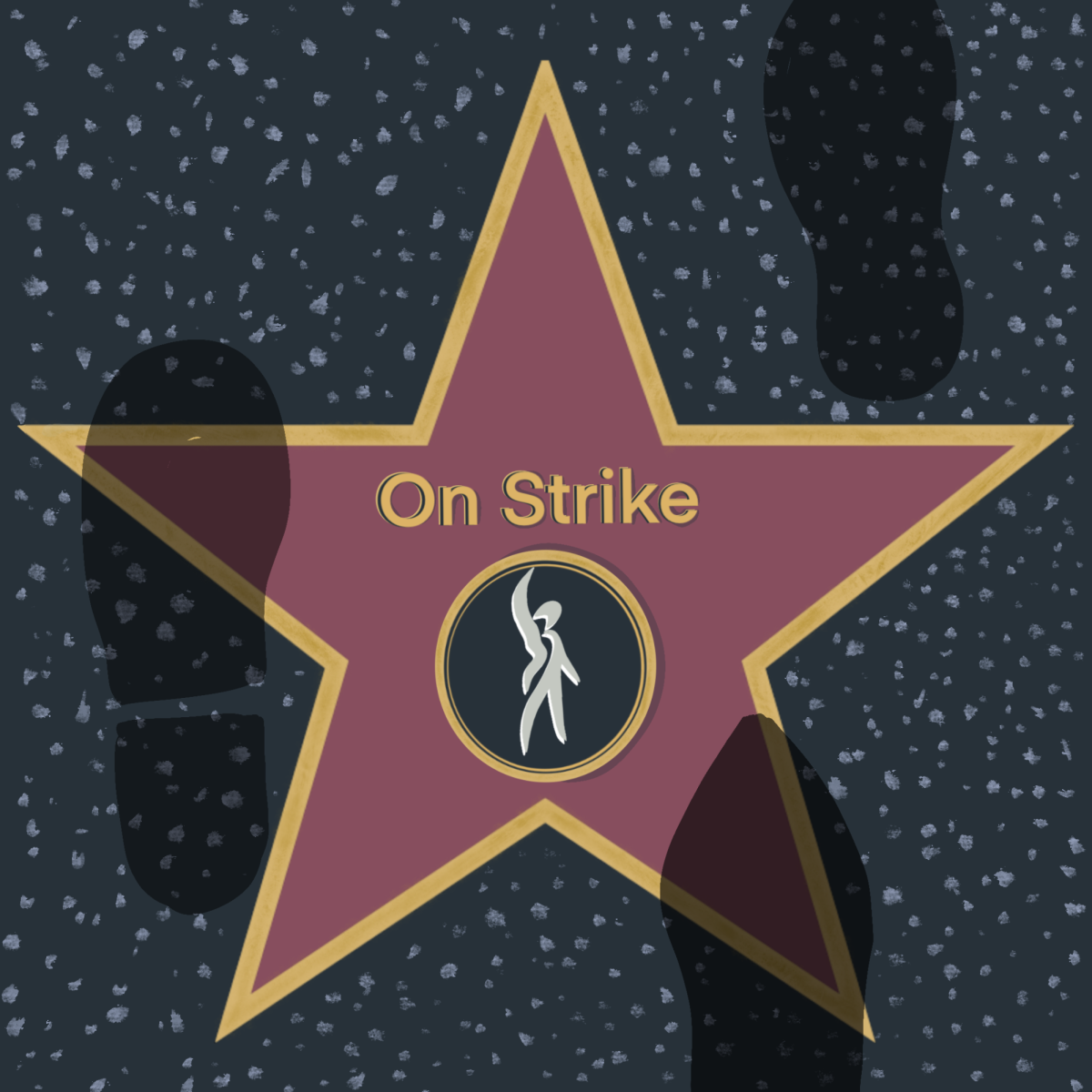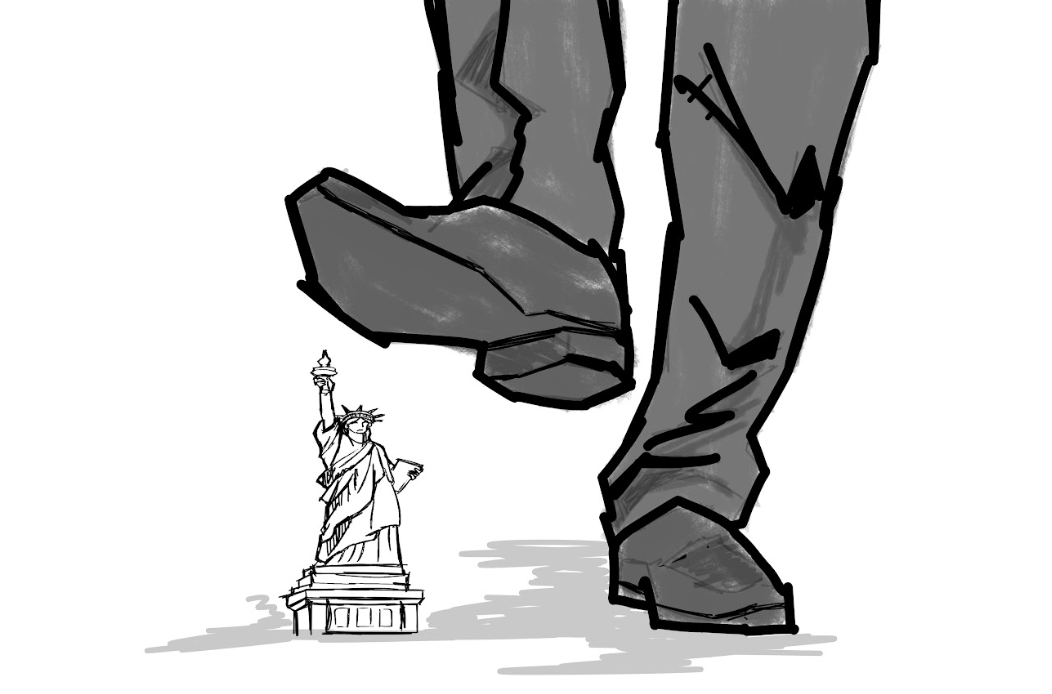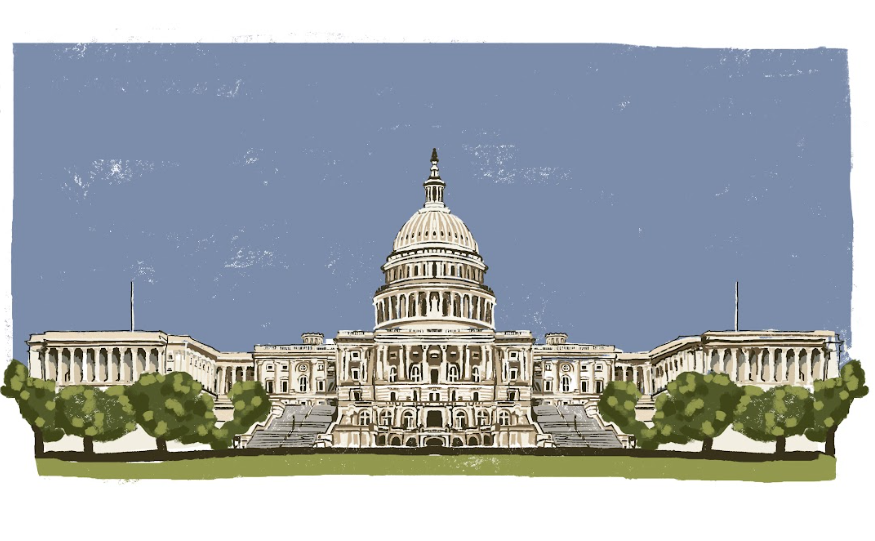For the past three decades, the United States has seen a sharp decline in union membership by its workers. According to the Bureau of Labor Statistics, total union membership has fallen to just 10.3% in 2023. However, despite a devastating loss for collective action with the stifling of the nationwide railway strike at the hands of Congress and the Biden Administration in November of last year, unions have been unusually active — and largely successful — in recent months. This Labor Day, hot dogs and backyard barbeques are being replaced by strikes and picket lines in many of the United States’ vital economic sectors.
One of the most publicized events of labor action in recent months has been the dual strike between writers and actors coordinated by the Screen Actors Guild and American Federation of Television and Radio Artists (SAG-AFTRA). This is the first coordinated strike between writers and actors in 40 years.
The strike single-handedly crippled Hollywood almost overnight; hundreds of projects in production went dark. SAG-AFTRA voted overwhelmingly to strike based on the unfair compensation practices for its members largely popularized with the advent of the streaming industry. According to the New York Times, actors are being underpaid for their projects due to the industry’s unwillingness to continue the previous residuals compensation system employed during the golden era of cable television. Actors also want protection from networks using AI to imitate their likeness for projects in the future without their consent or adequate compensation. Additionally, writers are also unhappy due to not only their low compensation, but also due to job cuts and the strenuous workload they cause.
While negotiations have been largely lacking, with the Alliance of Motion Picture and Television Producers refusing to give up much ground when it comes to the demands of SAG-AFTRA, the strike has been going strong for months with little sign that the unions are giving up hope.
Meanwhile, one of the most recent labor victories in the United States came with the ratification of UPS’ new five-year contract negotiated by the International Brotherhood of Teamsters. UPS workers initially proposed a strike over the harsh working conditions and unfair pay they experienced. According to National Public Radio, 340,000 workers would have gone on strike if negotiations had not prevailed. It would have been the largest strike by workers from a single employer in the history of the United States.
According to CBS, in their newly ratified contract, current UPS workers receive an immediate pay raise of $2.75 per hour. Newly hired UPS workers will get an increased salary of $21 per hour. Additional protections from the elements for workers such as “in-vehicle air conditioning, and cargo ventilation” will also be provided. 84% of union members voted to ratify this revised contract, which represents a huge win for workers — and collective action as a whole — across the nation.
This Labor Day, it is important to not forget the meaning and purpose behind the holiday. While most may see it as nothing more than a three-day weekend, millions of striking workers across the nation are fighting for the very principles the holiday was established on. The United States is on the brink of a new era of collective action; workers are realizing their worth to the multi-billion dollar industries that make our country run. They are fighting to ensure their labor is dignified and respected, and the only way to achieve this is for our nation to uplift its unions and workers who engage in collective action.
















